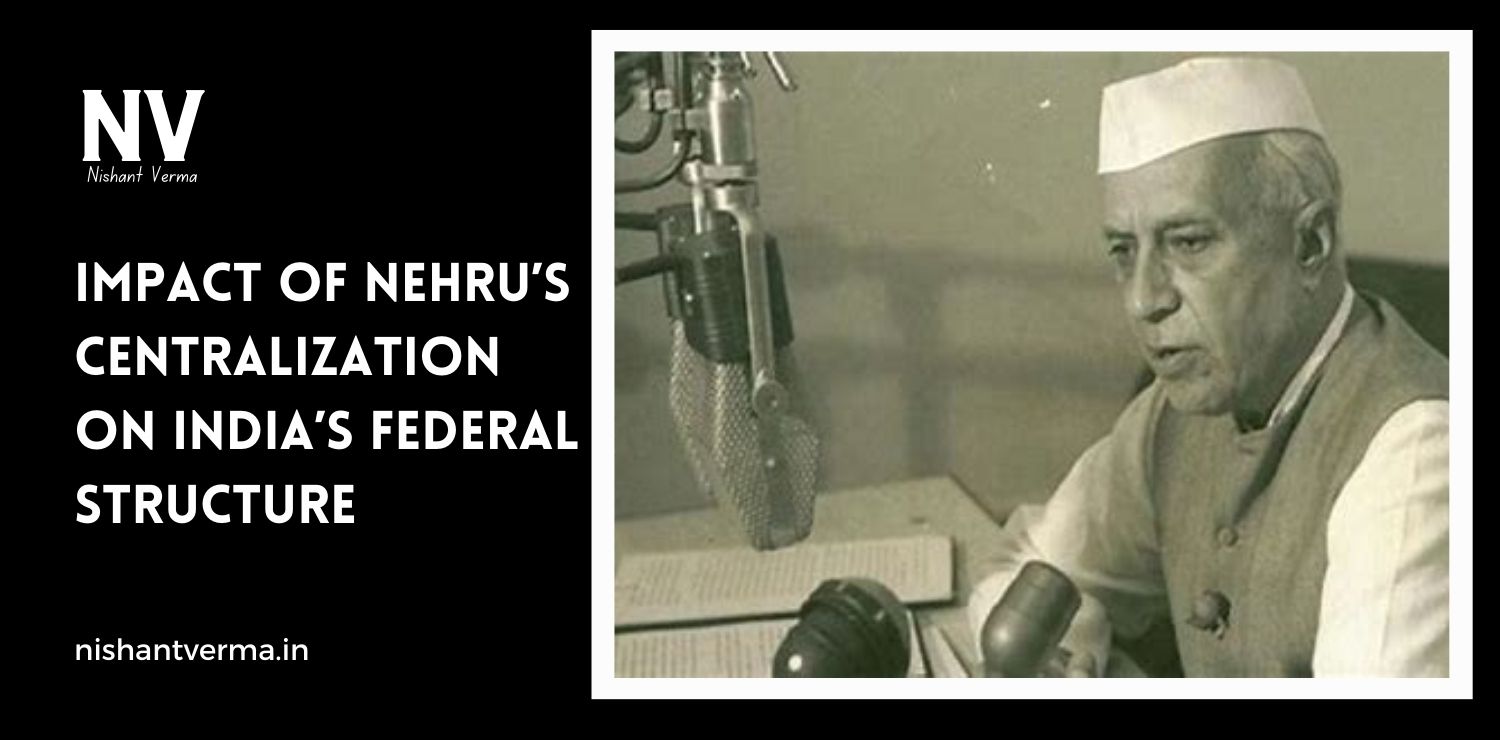Adulting is often defined as the process of becoming a responsible adult—managing finances, handling responsibilities, and navigating life’s challenges. However, as we mature and face the realities of life, one harsh truth becomes undeniable: nothing in this world can truly beat generational wealth.
Generational wealth refers to the assets, property, and financial security passed down from one generation to another. It could be in the form of real estate, businesses, investments, or even knowledge and connections that give people a head start in life. While we often hear motivational stories about self-made individuals and the value of hard work, it’s important to recognize that provides an unmatched foundation that can significantly affect one’s life outcomes.
In this article, we’ll explore the realities of generational wealth, why it’s such a powerful force, and how accepting its role in society is a crucial part of real adulting.
Understanding Generational Wealth
Itsn’t just about money or material possessions. It’s the transfer of both tangible and intangible resources, including real estate, businesses, education, and financial literacy. This creates a system where future generations start from a better position than those who don’t inherit such wealth.
For example, someone who inherits a family business or property doesn’t have to go through the struggles of starting from scratch. They can build upon the foundation laid by previous generations, allowing them to focus on growth and success rather than mere survival.

The Impact of Generational Wealth on Life Choices
One of the biggest advantages is the freedom it offers. People born into wealthy families often have more options when it comes to education, career choices, and lifestyle. They can afford to take risks, pursue passions, and explore opportunities without worrying about financial stability.
In contrast, those without generational wealth might find themselves in a constant struggle to make ends meet, limiting their ability to explore higher education or invest in their passions. The pressure to secure financial stability often forces them to take safer, less fulfilling career paths.
For example, someone with generational wealth can take a year off to travel or explore entrepreneurial ventures without the fear of going bankrupt. On the other hand, someone who needs to pay bills or support a family might not have that luxury.
Financial Stability Across Generations
Generational wealth creates a safety net for future generations. Inherited wealth ensures that children and grandchildren don’t start from zero. They have access to better education, healthcare, and opportunities, all of which set them up for a more secure and prosperous future.
This financial stability reduces the need for drastic financial sacrifices. It also helps families weather economic downturns and unexpected emergencies. For example, a family that owns several properties can rely on rental income or sell one of their assets in times of crisis. In contrast, someone without such resources may be left vulnerable in the face of financial challenges.
Connections and Opportunities
Beyond the monetary benefits, generational wealth often comes with a network of connections and social capital. Wealthy families tend to have strong relationships with influential people, including business leaders, politicians, and decision-makers. These connections can open doors that others may never have access to.
In many cases, securing a high-paying job or starting a successful business isn’t just about talent or hard work—it’s also about who you know. A well-connected family can help their children secure internships, job offers, or business deals that others may never hear about.
This access to opportunities is a form of wealth in itself, one that perpetuates the cycle of privilege and success across generations.
The Psychological Advantage
People who grow up in wealthy families often develop a different mindset towards money and success. They tend to view wealth not as something unattainable or rare but as a normal part of life. This perspective allows them to think bigger, take calculated risks, and pursue wealth-generating ventures without the fear of failure.
In contrast, those without generational wealth often grow up with a scarcity mindset, where money is seen as something to be conserved rather than invested. This mindset can limit one’s ability to take risks, invest in themselves, or pursue opportunities that could lead to greater wealth in the future.

Generational Wealth and Inequality
The undeniable truth is that it contributes to inequality. While it provides immense advantages to those who inherit it, it also creates a wider gap between the wealthy and those who don’t have access to such resources. This can perpetuate cycles of poverty and disadvantage, making it harder for individuals from less wealthy families to break into higher social and economic classes.
This reality raises important questions about fairness and meritocracy. While hard work and talent are essential for success, it’s important to acknowledge that those born into wealth have an undeniable advantage. The playing field isn’t level, and accepting this fact is a key part of understanding the role of wealth in society.
Building Generational Wealth for the Future
While not everyone is fortunate enough to inherit generational wealth, it’s still possible to start building it for future generations. Real adulting involves making smart financial decisions today that can benefit your children and grandchildren.

This can involve:
- Investing in property: Real estate is one of the most reliable ways to build long-term wealth.
- Starting a business: A successful business can be passed down to future generations.
- Saving and investing wisely: Building a portfolio of investments in stocks, bonds, or mutual funds can provide future generations with a financial cushion.
- Teaching financial literacy: It’s important to pass down not just wealth but the knowledge and skills needed to manage and grow that wealth.
By making these decisions today, you can create a legacy that benefits not only you but also your future descendants.
Conclusion: Embracing the Reality of Generational Wealth
As we grow older and take on the responsibilities of adulthood, it’s essential to recognize the role that plays in shaping people’s lives. It offers a level of financial security, freedom, and opportunity that is hard to match through individual effort alone.
Real adulting is about accepting this reality, understanding the advantages it provides, and making efforts to build generational wealth for the future. While we can’t all inherit wealth, we can take steps to ensure that our children and grandchildren have a better starting point than we did. In the end, the goal is to break the cycle of financial struggle and create a legacy of security and prosperity for future generations.




